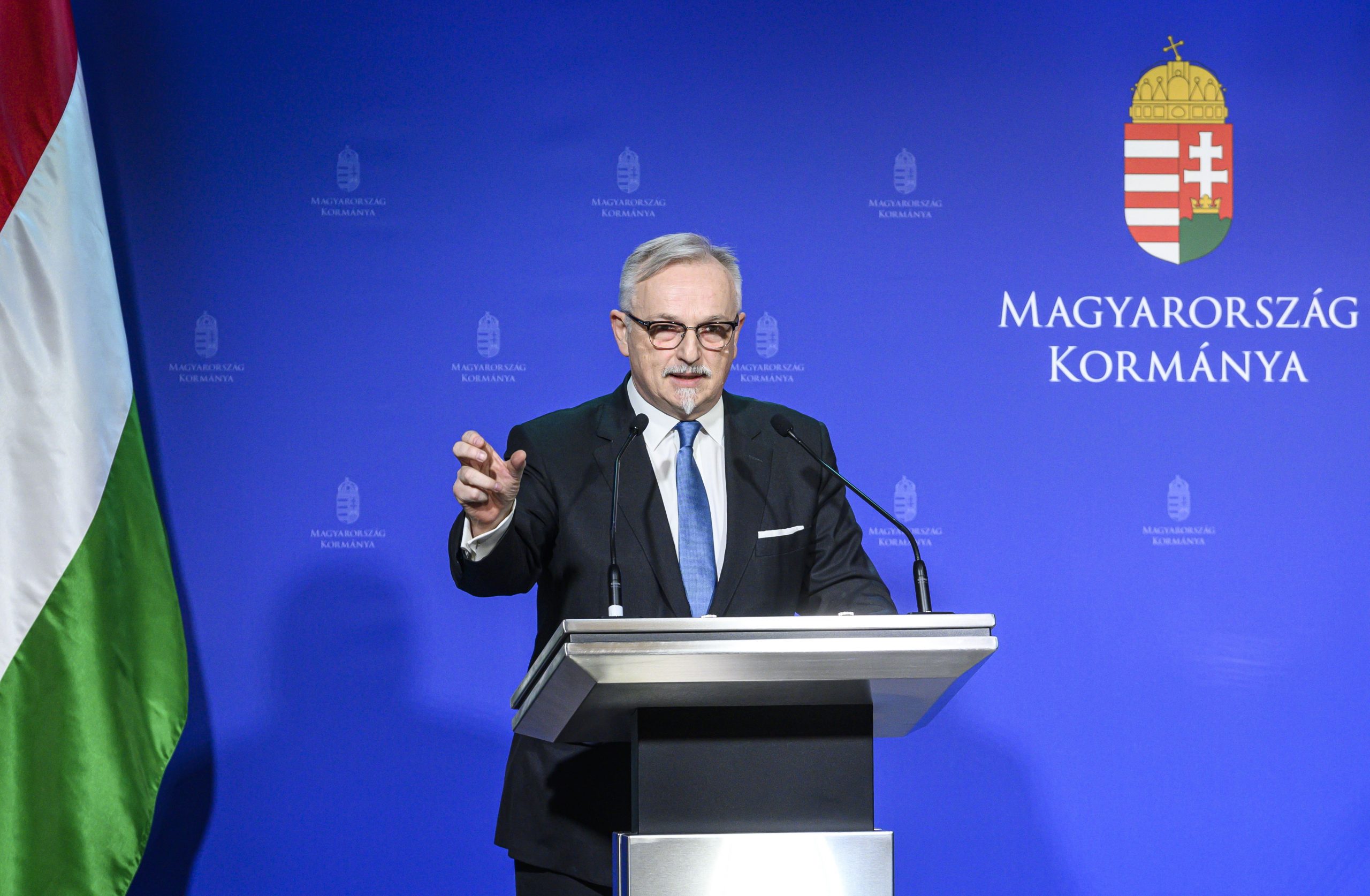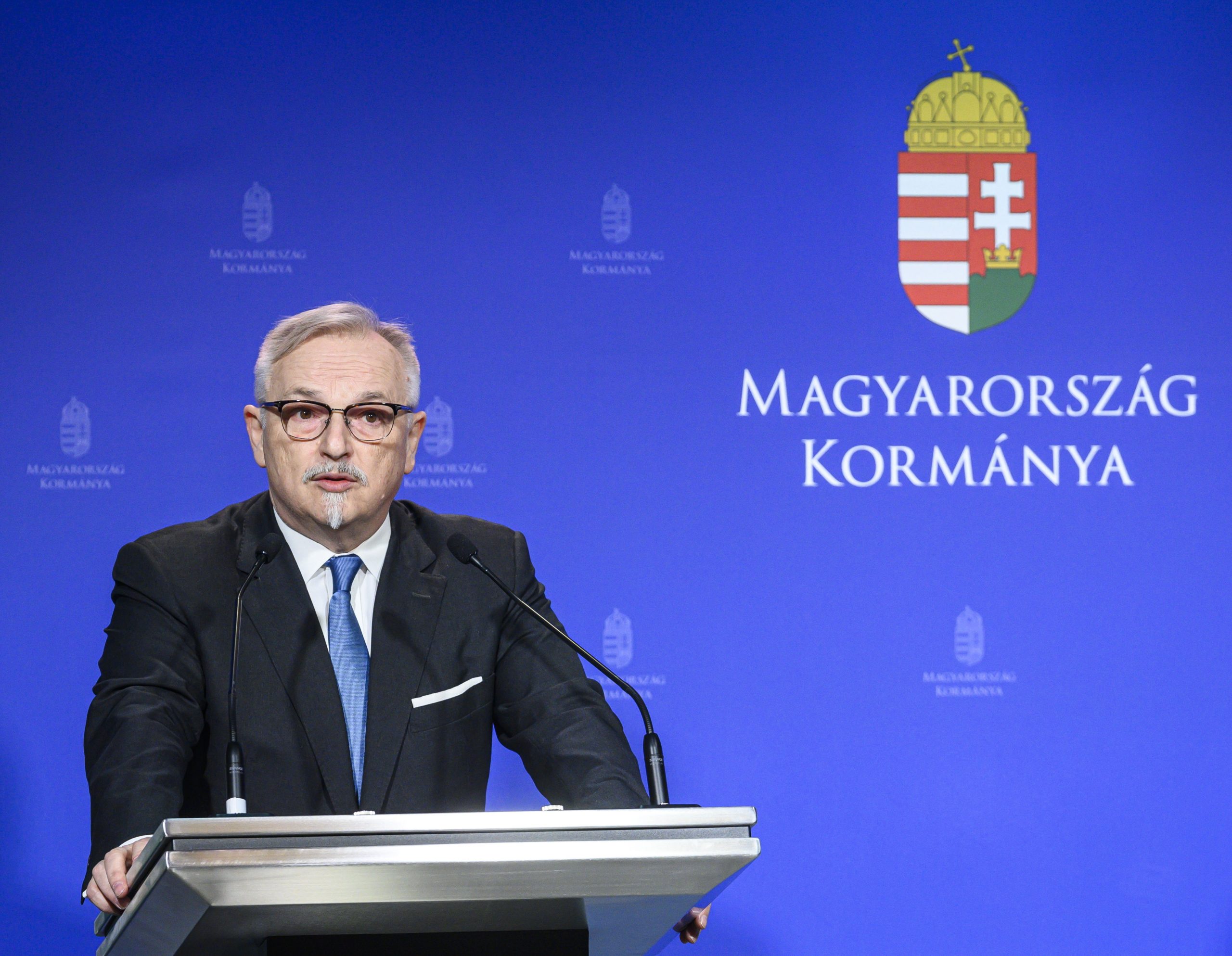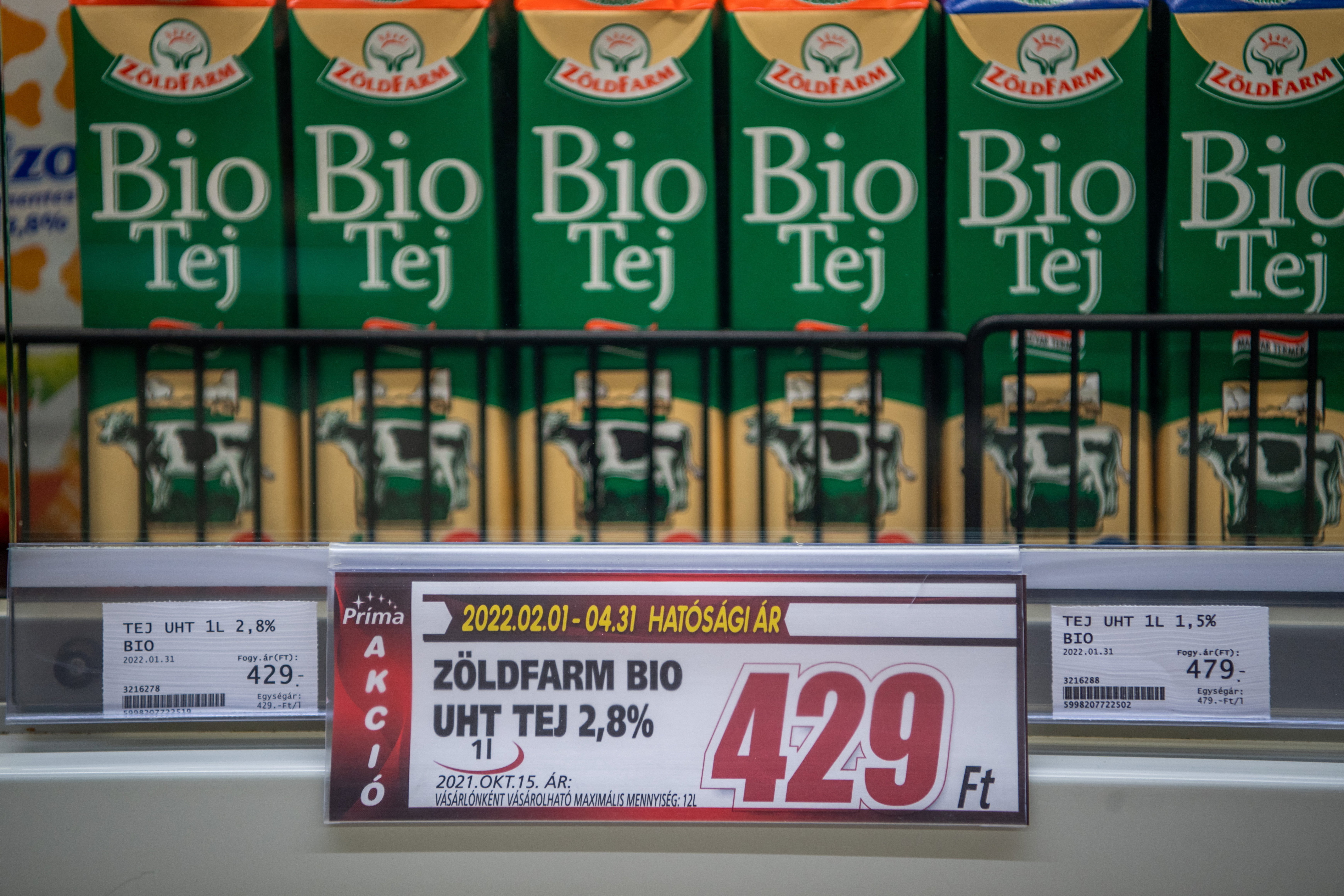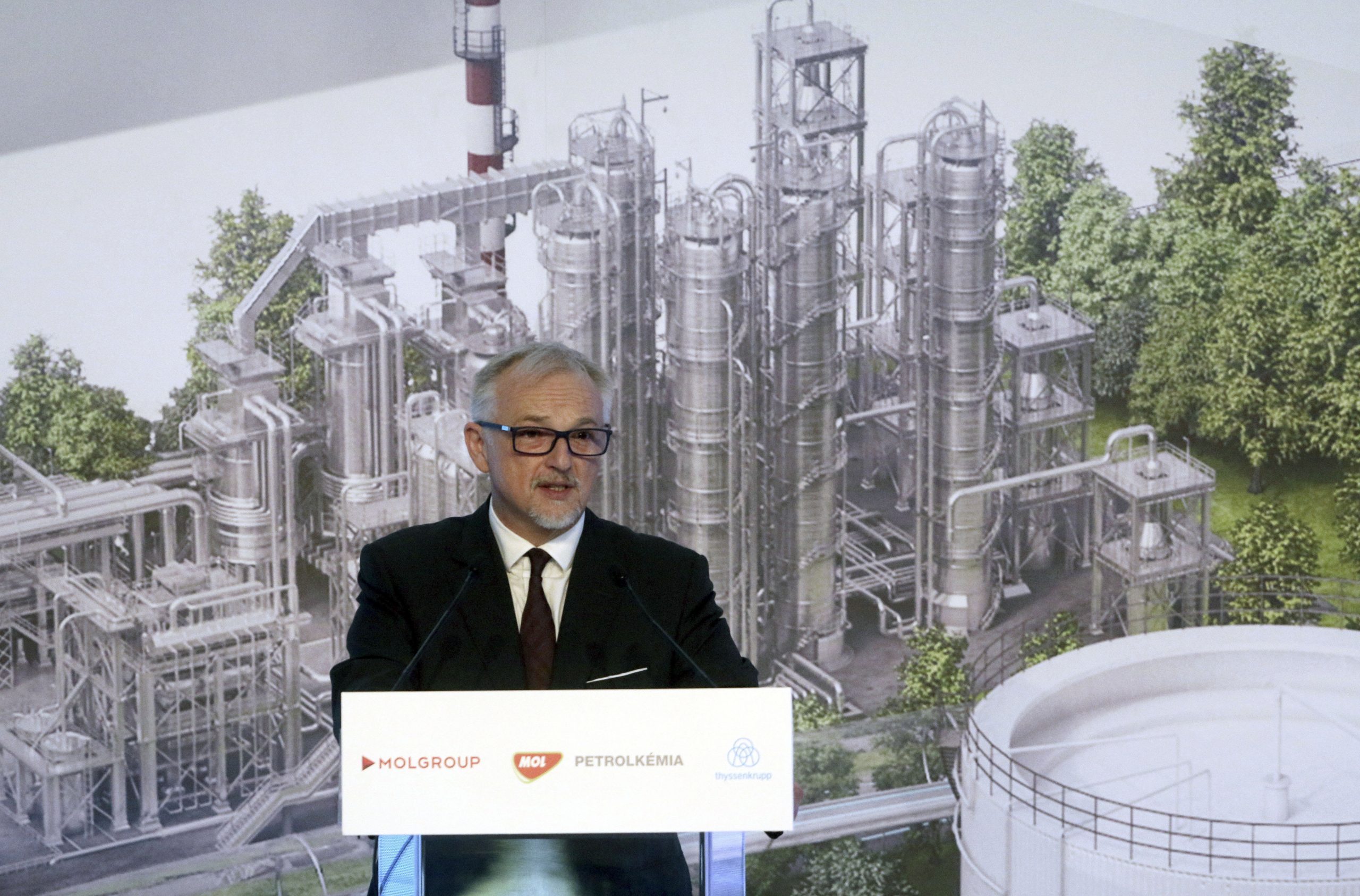
"Security of supply is not about whether it's worth it for MOL: we have to secure supply," Zsolt Hernádi, CEO of MOL said.Continue reading

Zsolt Hernádi, CEO of the Hungarian oil company MOL gave an interview to Mandiner, talking about EU sanctions, the oil embargo, and the fuel price cap.
When asked about the oil embargo and the pipeline exception, Hernádi said: “This win is not like beating England 1-0, where the team that clearly looked like underdogs wanted to win more and played better.”
Hernádi said that he was not satisfied with the solution because,
There are still loose ends: for example, there will be restrictions on the export of refined products from Russian oil.”
“In a few months, several Central European countries will be in a difficult situation because of this. But several countries may recover, […] for example, Germany, including the state of Brandenburg.” The CEO also said that “Hungary relies on about 60 percent of its oil supply on Russian oil, Slovakia 98 percent, and the Czech Republic 50 percent.”

"Security of supply is not about whether it's worth it for MOL: we have to secure supply," Zsolt Hernádi, CEO of MOL said.Continue reading
He continued talking about the oil embargo, saying:
The European Union has the right to impose sanctions over the Russian-Ukrainian war, but landlocked countries cannot be treated in the same way as other states.”
“It must be recognized that Central Europe is in a special situation and that no one has the right to beat an entire region to death.” According to Hernádi, “That is what a total embargo would have meant.”
He further elaborated on the geographical situation and fuel: “Here we have inherited a supply system in which the supply lines run only from east to west, which was the way the whole Eastern Bloc supply energy structure was built at the time. The political aim was that all countries would receive their energy directly from what is now Russia, but the countries concerned were not interconnected, north-south pipelines could not be built in principle, and we obviously did not have the tap,” Hernádi said.

While it is obviously a relief for buyers to pay lower prices, both the food price cap and the fuel cap caused some problems.Continue reading
He added that the pipeline section linking Hungary and Slovakia was extended in 2009, but “We can only secure 100 percent supply at these two refineries if an 80-kilometer section in Croatia is extended and we can continue to bring in Russian oil. If the pipeline section is not extended, the supply to the refineries will be reduced by 20 and 30 percent respectively. And if Russian oil could not be brought in, there would be a further 20 to 30 percent reduction in output.” According to him, this oil “could just as well come from a Russian source, but by sea.” Hernádi added that Russia still transports three million barrels of oil per day by the sea, three percent of world consumption. However, “We can also bring up non-Russian types of oil via the Adriatic pipeline, which we are already blending in alongside Ural crude at the Danube Refinery,” he explained.
Hernádi said that because of the sanctions,
All energy carriers will become more expensive, and not for a short time.”
He also added that “The short-term impact of the measure is more painful for the EU than for Russia.”
Hernádi also explained the question of different types of oils: “We can experiment with working solutions in a laboratory, but it takes a long time to put them into practice, and after each test, we have to see where the refinery could be damaged, what additional equipment is needed: if there is more salt in the material, a desalination plant has to be developed, if there is more sulfur than necessary, a desulphurization plant, and so on.” He continued: “In addition, there is a need to replace by-products from production, which are otherwise very important raw materials elsewhere, and whose varying quantities and possible shortages could cause new problems in other industries.”

Reacting to the decision, MOL noted that Hungarian authorities as well as an international arbitration court earlier established that neither MOL nor its executives had committed any crime.Continue reading
About a possible gas embargo, the MOL CEO said:
For oil, there may still be different supply scenarios, but for gas, there is no other option. In addition, more than ninety percent of the population in Hungary heats directly or indirectly through district heating with gas.”
“And we are still in a relatively good position, because we have made the necessary investments in the security of supply,” he added.
About the price cap, he said:
As an economist, but also as a manager responsible for the security of supply, I have to say that such price intervention can only be sustained in the very short term.”
He also said that after July 1st, which is the current deadline for the price freeze, it “should be phased out, if not in one step. At least from the point of view of security of supply, this would be the appropriate course. But this is not our question. It is our responsibility to inform decision-makers.”
Featured image via Zsolt Szigetváry/MTI
Array
(
[1536x1536] => Array
(
[width] => 1536
[height] => 1536
[crop] =>
)
[2048x2048] => Array
(
[width] => 2048
[height] => 2048
[crop] =>
)
)